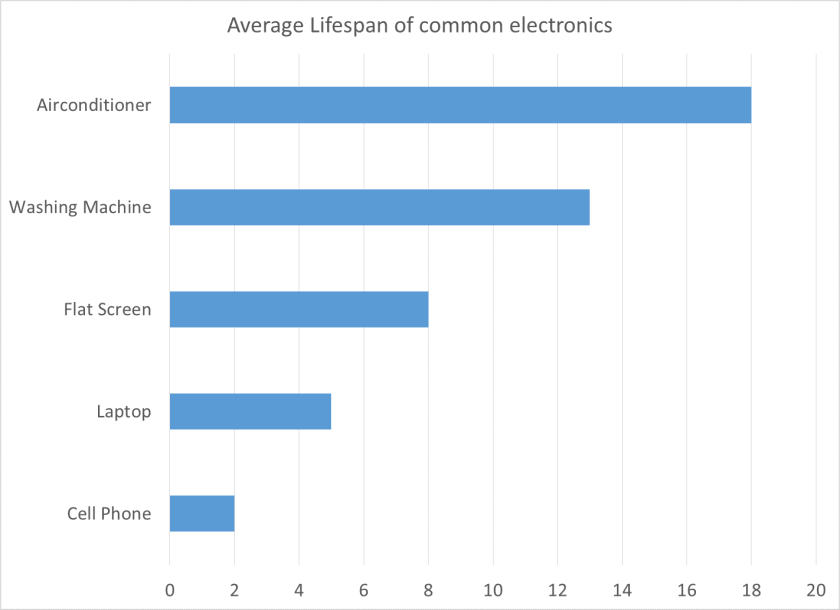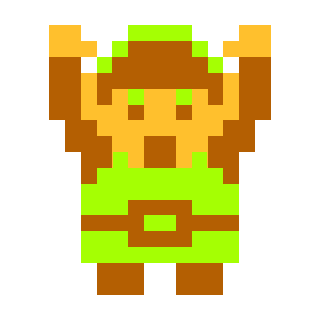Digital Culture Shift
“[U]nlike other media, the Internet was free of corporate gatekeepers and it enabled individuals or organizations with few resources to engage millions of people in conversation with a sufficiently compelling message or call to action.”
–A Center for Media Justice “The Digital Culture Shift”
This line from the report just stood out to me because it really reinforced what Boyd was talking about in his article. The internet is one of the first types of media that allows almost anyone to have their voice be heard by millions of people.
Truth is a Virus
I enjoyed reading Andrew Boyd’s article “Truth is a Virus”, it gives some insight into how certain contemporary political movements start, and how big they can grow. Compared to Postman, who says we should fear the flooding of information, because it will drown out information that could be critical. Boyd’s movement might have never taken place without the help of the internet, and it brought to light a stance that may have not gotten much of a voice if it was done several decades ago, before the internet was popular. This is an example of how the age of mass information can be good for society, as it leads to greater diversity and can even help smaller causes have their voices be heard. But this is a double edged sword, because Postman still has a point. For every cause that makes it big, there are hundreds or thousands that didn’t take off, and although a good chunk of those failed for good reasons, there are some causes that were important and didn’t get a chance at being heard. And to add to that, not everyone pays attention to things on the internet, even now, over a decade later, there are still people who refuse to use the internet, or just plain ignore the parts of it that they don’t like.
Fishposting
This meme started off in the beginning of January this year, with the original sentence saying “When you’re at a party and someone says they’re the best at smash”. Since then there have been many variations of this meme, and it may have even lead to a long line of spongebob memes currently taking over certain parts of the internet.
Amusing Ourselves to Death
In the article “Amusing Ourselves to Death” by Neil Postman, he describes an interesting comparison between two dystopian novels, 1984 by George Orwell and A Brave New World by Aldous Huxley. I happen to have read both in high school so that’s why I find Postmans article interesting. His main argument is that while people are actively fighting against a world of mass surveillance and government control through “correction” i.e. torture and other such means that was prevalent in 1984, they are oblivious to the more relevant world of Huxleys vision. Huxley warned of a culture controlled by pleasure instead of pain, a culture that was too distracted by drugs and entertainment that they are too apathetic to care or even notice that they were being controlled. As Postman states, “Orwell feared the truth would be concealed from us. Huxley feared the truth would be drowned in a sea of irrelevance.” While both are valid fears that have the same final result, the means of which they are achieved are completely different. People are actively fighting the concealment of information, we see it everyday, and it’s a very difficult process unless they are ruled by an extremely controlling dictator like Kim Jong Un. A much more subtle way to achieve this would be like a magician; a simple slight of hand and a distraction and you can have your audience completely oblivious to what you’re doing. You see politicians do this a lot in America, they’ll wait to try and pass a controversial bill while everyone is distracted by some major pop culture event. I don’t mean to sound like a conspiracy theorist, I just believe we should be more careful and keep a closer eye on these things.
South Korea vs US
In the documentary, Digital Nation, they compare how people play video games in South Korea, and how they play video games in the United States. They show how video games are a huge issue in South Korea because so many people are addicted to them. They even have some rehabilitation programs to help people get away from video games. They then compare this to how in the United States video games are treated as a socializing tool or even a recruiting tool. I’m sure that some people are addicted in the United States and some people use it for socializing in South Korea, but the reason why there seems to be such a difference is probably because playing video games in South Korea is actually considered a real job, if you’re good at it. People make millions of dollars playing video games, but it’s not widely accepted as a real job here in the United States, hence the difference.
Net Activism
In the discussion on the Digital Nation website, one example I found on net activism that I thought was particularly powerful was how the internet allows people who aren’t already famous or wealthy to have their voice be heard. This is one of the first times in history when anyone can spread their message to millions of people, so long as they have an internet connection. And like the discussion said, it allows there to be more diversity in the media that we consume, which is a good thing because it follows logic similar to “two heads are better than one”.
Various Charts on E-Waste

This chart shows how much electronics was generated in America by weight, how much electronics were collected for recycling, and how much of those collected for recycling were exported.

This chart shows the average lifespan of common consumer electronics, and shows how the bigger the electronic is the longer it will usually last.

This chart shows the amount of e-waste generated and how much is trashed compared to how much is recycled, and shows how less and less is getting trashed and more is getting recycled.
Jordan and Rosa
The various artworks of Chris Jordan seen here all depict the magnitude of waste and consumption that humans today produce/use. Eugene Rosa wrote a paper speculating on Jordan’s work, and in general he found them very powerful images. She liked how he visualized information that can be difficult to grasp sometimes, but she liked his real photography better than his digital photography. I see where he’s coming from, an image has a lot more impact when it seems more real and tangible. But I also really liked Jordan’s digital work too. It allowed him to create a more visually appealing art and use materials that perhaps would be hard to gather or manipulate. The art may distract from the message, and it could be argued that the message might be interpreted in the wrong way, like that all of this waste and consumption is somehow beautiful. But I believe that once people take a closer look and realize that what they’re actually looking at is only a fraction of the waste that we create or what we consume, they will be able to understand the magnitude of the problem. I do also think that recreating famous works of art like “Starry Night” with 50,000 cigarette lighters will allow his artwork to appeal to a larger audience, and allow his message about waste and consumption to be spread more easily.
Intro To Digital Humanites
4b: Exercise: Classroom Data
Since bar charts are better for using a large number categories than column charts, it would be more useful to make a column chart of student birthdays by each month, and if you wanted to show it by day then you would instead use a bar chart.
5A: Exercise: Pioneer Plaque (featured image)
There is a lot of visual information being shared here. The two circles in the top represent two molecules of hydrogen, the most common element in the universe in its most common form, H2. Then it’s a drawing of a male and female human and their anatomy. Then there’s a drawing of our solar system, including a drawing of Voyager leaving Earth. The lines and dashes coming out of the sun and by the planets are binary but I forget what they represent. It’s information about humans and how to find us. If I were to make changes I would probably try to include some color, and maybe more diversity between the humans.







